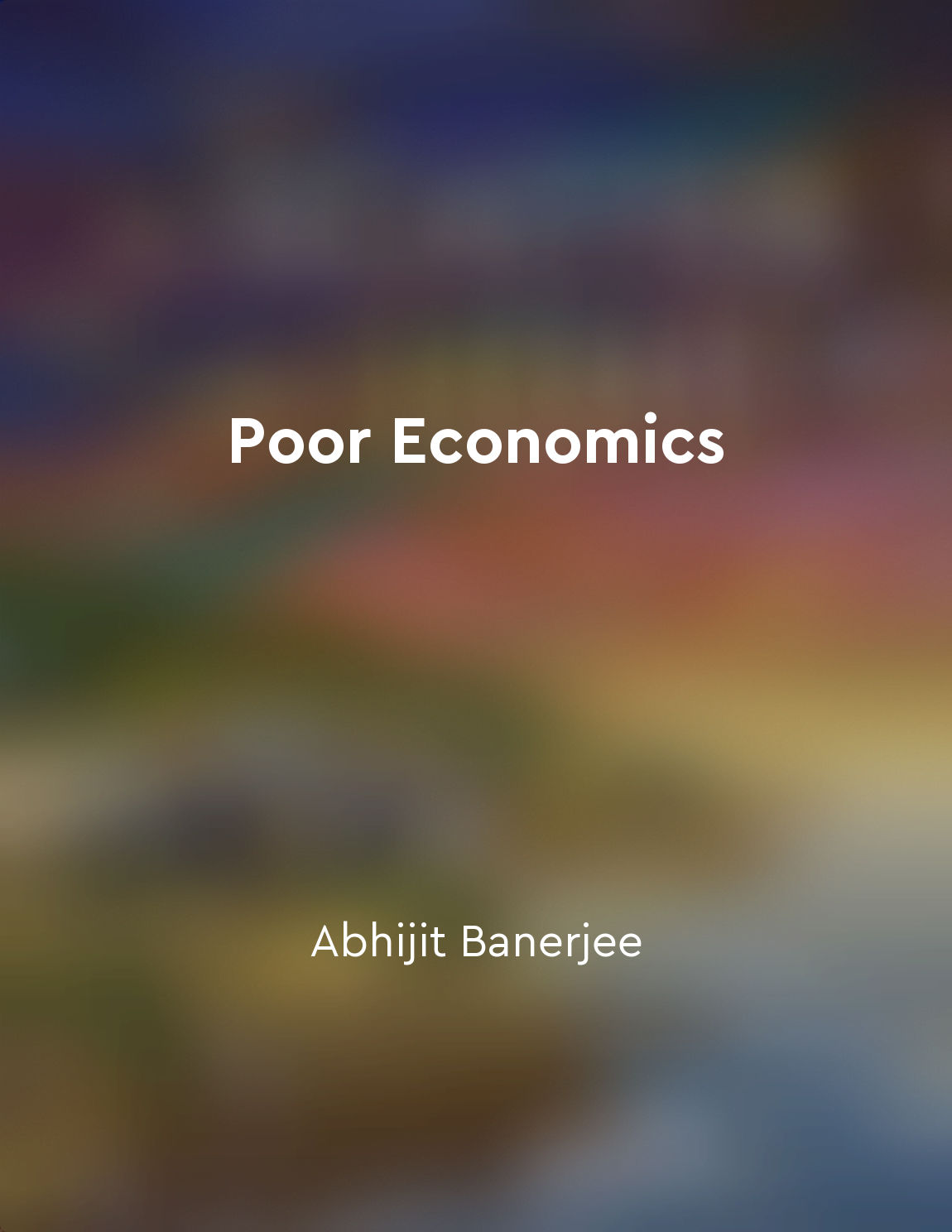The role of nongovernmental organizations in supporting labour rights is discussed from "summary" of Industrial Relations and Labour Laws, 6th Edition by S.C. Srivastava
Nongovernmental organizations (NGOs) play a crucial role in supporting labour rights. They act as watchdogs, monitoring the implementation of labour laws and ensuring that workers' rights are upheld. NGOs also provide legal assistance to workers who have faced violations of their rights, helping them seek justice through the legal system. Moreover, NGOs engage in advocacy and lobbying efforts to push for the enactment of new labour laws or amendments to existing laws to better protect the rights of workers. They work closely with trade unions and other stakeholders to collectively address labour issues and promote a fair and just working environment. NGOs also conduct research and studies on labour rights violations and trends in the labour market, providing valuable data and information to policymakers and the public. This research helps to raise awareness about labour rights issues and shape public opinion on the need for stronger protections for workers. Furthermore, NGOs often collaborate with international organizations and other NGOs across borders to address transnational labour issues and promote global labour standards. By working together on a global scale, NGOs can have a greater impact in advancing labour rights and improving working conditions for workers worldwide.- The role of NGOs in supporting labour rights is multifaceted and essential in ensuring that workers are treated fairly and have their rights protected. Through their various activities and initiatives, NGOs contribute significantly to the advancement of labour rights and the promotion of social justice in the workplace.
Similar Posts

Working class resilience is admirable
The sight of the working class enduring hardship with stoicism and perseverance is indeed a testament to their inner strength. ...

The Constitution was written to protect the interests of the wealthy
The framers of the Constitution were not a cross-section of the American population. They were a small, wealthy elite with inte...
Workplace surveillance infringes on employees' privacy rights
The practice of monitoring employees in the workplace through various surveillance methods raises significant concerns regardin...
The powerless have hidden strength
The concept of hidden strength within the powerless is a fascinating idea that challenges our conventional understanding of pow...

Poor individuals have limited access to education
Access to education is a critical factor in determining the future prospects of individuals, particularly those who are living ...
Lessons learned
The experience of living under communism has left a deep mark on the people of Eastern Europe. The memories of repression, fear...
Adversity and resilience
Adversity, the challenges and setbacks we face in life, can come in many forms – from personal struggles to professional obstac...
Power
Power is a fundamental concept in international relations, shaping the behavior of states and non-state actors on the global st...
Education empowers the masses
Education is the great equalizer of society. It has the power to uplift the masses, to enlighten the mind, and to liberate the ...
The decline of the West is not inevitable
It is often said that the decline of the West is inevitable, that our civilization is on a downward trajectory from which there...

